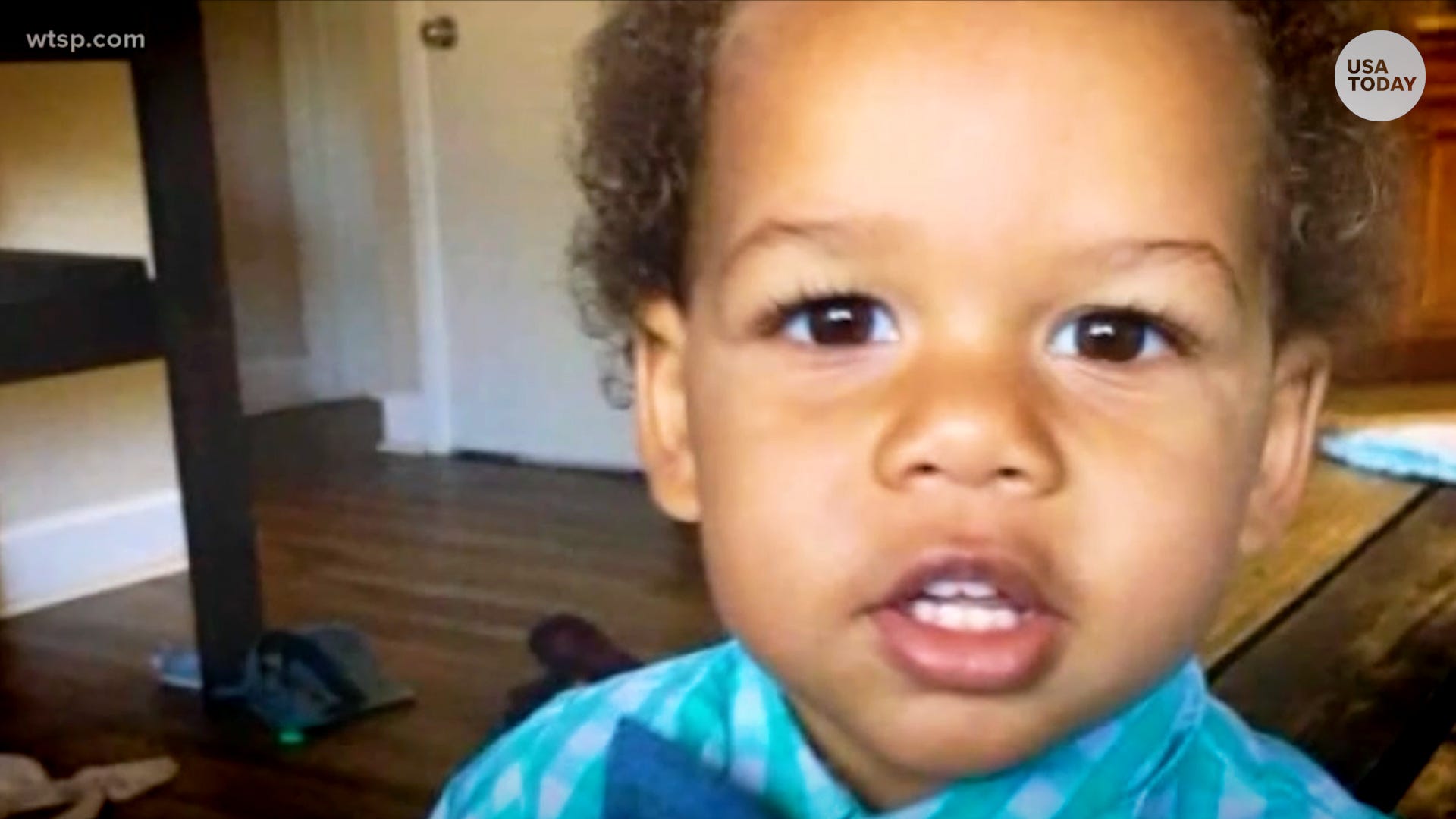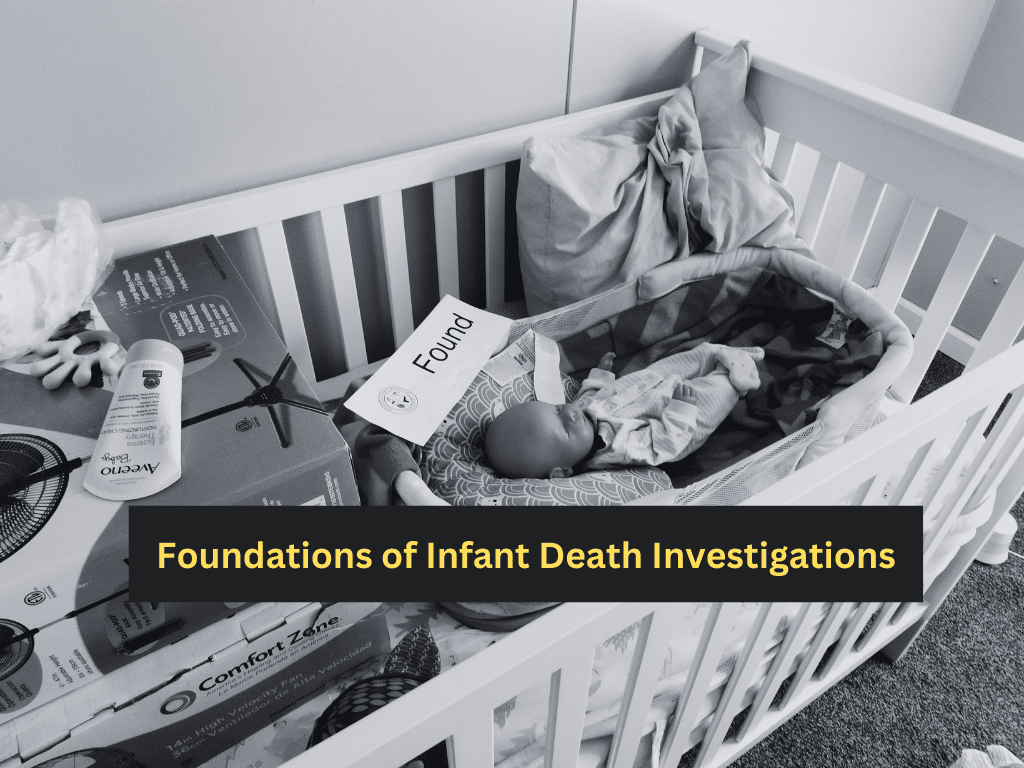When tragedy strikes, it can unravel the lives of those left behind. This is a story about a mother who admitted to drinking after the death of her infant—a deeply personal and complex narrative that demands our attention and compassion. The circumstances surrounding this case have sent shockwaves through communities worldwide, raising questions about mental health, parenting struggles, and societal expectations. In this article, we will delve into the details while ensuring sensitivity and understanding.
This story isn't just about headlines or tabloid gossip; it's about the raw emotions and challenges faced by someone trying to navigate unimaginable grief. We'll explore how such situations arise, the implications they carry, and what society can do to support individuals in similar circumstances. Let's take a moment to reflect on the importance of empathy and support during times of crisis.
Before we dive deeper, let's acknowledge that discussing topics like this requires care and tact. It's crucial to remember that everyone processes loss differently, and judgment often clouds our ability to see the full picture. Our goal here is to shed light on the realities behind these headlines and foster meaningful conversations about mental health and family support systems.
Read also:Ozzy Osbourne Opens Up About His Most Painful Year In An Honest Conversation
Understanding the Context
The Incident Overview
The incident involving a mother admitting to drinking after her infant's death has sparked widespread debate and discussion. While the facts of the case are still unfolding, it's important to separate speculation from reality. Reports suggest that the mother, overwhelmed by grief and possibly undiagnosed mental health issues, turned to alcohol as a coping mechanism.
Here’s a quick breakdown:
- The infant passed away under tragic circumstances.
- The mother confessed to consuming alcohol in the aftermath of the loss.
- Authorities are investigating the situation to determine if any neglect or external factors contributed to the incident.
While these details paint a grim picture, it's essential to approach the matter with an open mind and recognize the broader context of mental health struggles.
Biography of the Mother Involved
Who Is She?
To better understand the complexities of this case, let's look at the background of the mother involved. Below is a brief overview of her life leading up to the incident:
| Name | Redacted for Privacy |
|---|---|
| Age | 28 years old |
| Occupation | Stay-at-home mom |
| Family Background | Married with one child (deceased infant) |
| Previous Mental Health History | Potential history of anxiety and depression |
Understanding her personal history helps us grasp the pressures and challenges she may have faced, which ultimately led to this heartbreaking outcome.
Why Does This Matter?
This case highlights the urgent need for increased awareness and support for parents dealing with mental health issues. Many individuals struggle silently, fearing stigma or judgment. By examining this story closely, we can identify gaps in our support systems and work toward creating a more compassionate society.
Read also:Blake Shelton And Gwen Stefani Set To Light Up The Grammy Stage
Key Factors Contributing to the Situation
1. Grief and Loss
Grieving the loss of a child is one of the most devastating experiences anyone can endure. The pain can be overwhelming, and without proper support, it's easy to fall into unhealthy coping mechanisms. Studies show that unresolved grief can lead to substance abuse, depression, and other serious mental health concerns.
2. Mental Health Stigma
Society often attaches stigma to mental health struggles, discouraging people from seeking help. This stigma can prevent individuals from accessing the resources they desperately need. In this case, the mother may have felt isolated or ashamed, leading her to self-medicate rather than reaching out for professional assistance.
3. Lack of Support Systems
Parenting is already challenging, but when coupled with grief and mental health issues, it becomes even more daunting. Many families lack access to adequate support networks, whether through family members, friends, or community programs. Strengthening these systems could make a significant difference in preventing similar tragedies.
What the Experts Say
Insights from Mental Health Professionals
Dr. Emily Carter, a renowned psychologist specializing in grief counseling, shared her thoughts on the matter:
"Grief is a complex emotion that manifests differently for everyone. When left unchecked, it can spiral into destructive behaviors. It's critical that we create safe spaces for individuals to express their feelings and seek help without fear of judgment."
Dr. Carter emphasizes the importance of early intervention and accessible mental health resources. She also stresses the role of communities in supporting those who are grieving.
Common Misconceptions About Grief and Substance Abuse
There are several misconceptions surrounding grief and substance abuse that need addressing:
- Myth: People grieving should "just get over it." Reality: Grief is a long-term process that requires patience and support.
- Myth: Drinking after a loss is always a sign of weakness. Reality: It's often a cry for help and an indication of deeper emotional struggles.
- Myth: Seeking therapy means admitting failure. Reality: Therapy is a proactive step toward healing and growth.
Dispelling these myths is vital for fostering a more understanding and supportive environment.
Steps Toward Prevention
1. Promoting Mental Health Awareness
Raising awareness about mental health issues is the first step in preventing similar incidents. Educational campaigns, workshops, and community initiatives can help reduce stigma and encourage open dialogue about mental health.
2. Expanding Access to Resources
Ensuring that mental health services are accessible and affordable is crucial. Governments and organizations should invest in programs that provide counseling, therapy, and support groups for those in need.
3. Building Stronger Support Networks
Communities play a pivotal role in supporting individuals facing challenges. Encouraging neighbors, friends, and family members to check in on one another can create a sense of belonging and security.
Lessons Learned
This tragic case serves as a reminder of the importance of empathy and understanding in our interactions with others. It also underscores the urgent need for systemic changes in how we address mental health and support families in crisis. By learning from this story, we can work toward a future where no one feels alone in their struggles.
Conclusion
Let's recap the key points discussed:
- The mother admitted to drinking after the death of her infant, sparking widespread attention and concern.
- Grief, mental health stigma, and lack of support systems contributed to the situation.
- Experts emphasize the importance of early intervention, awareness, and community support.
- We must take action to prevent similar tragedies by promoting mental health awareness and expanding access to resources.
As you reflect on this story, consider how you can contribute to building a more compassionate and supportive world. Whether it's volunteering, donating to mental health organizations, or simply being there for someone in need, every effort counts.
Feel free to share your thoughts in the comments section below. Together, we can create meaningful change and ensure that no one faces their struggles alone.
Table of Contents


